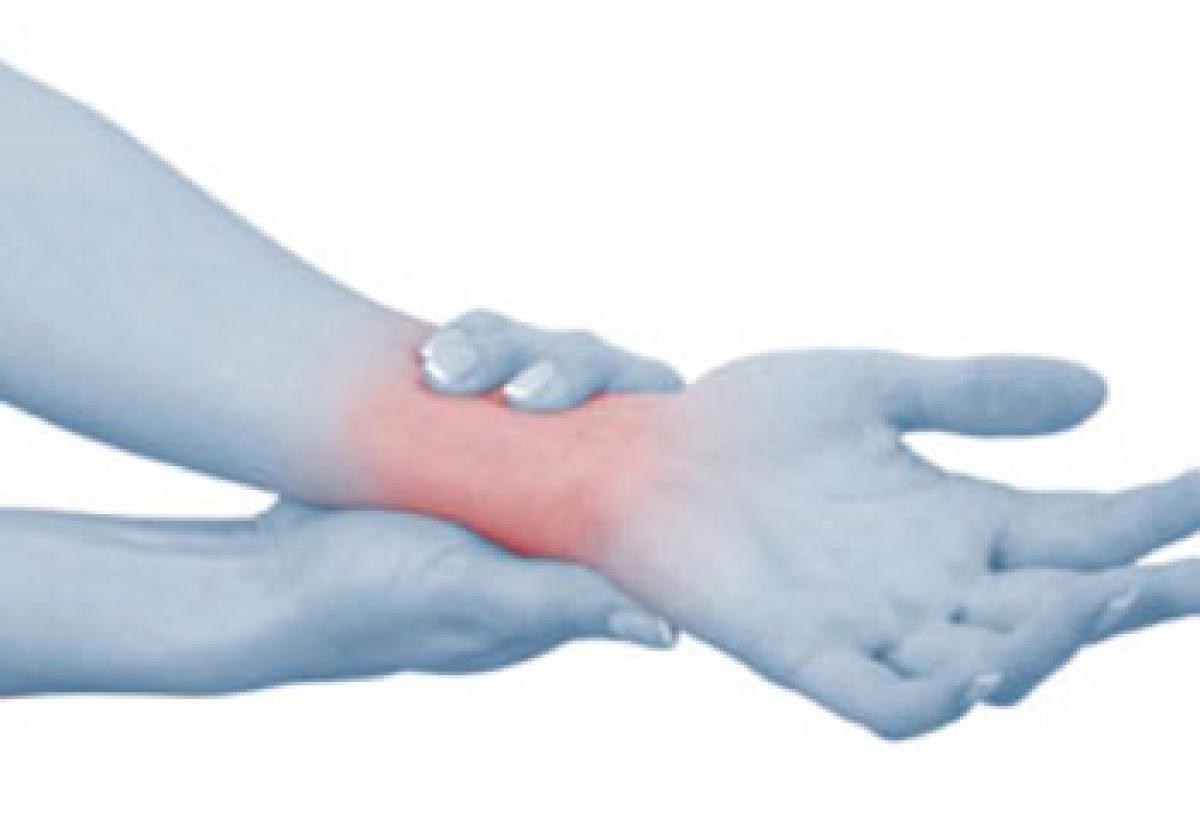Live
- MP Bastipati Nagaraju Vows to Empower Madari Kuruba Community
- CITU Calls for Statewide Chalo Collectorate to Address Hamali Workers' Issues
- Pinnelli’s close aide Kishore arrested
- NTR-Prashanth Neel Film Shoot to Begin Post-Sankranti
- Dharwad residents to wait another 30 months for separate city corporation
- Opposition parties should not make baseless allegations
- Rally held to promote cycling among students
- Loyola College denies permission to walkers
- MCC to empower women by using self-help groups for Tax Collection
- Siddaramaiah inaugurates ‘Chitra Santhe’





 New York:
New York:



